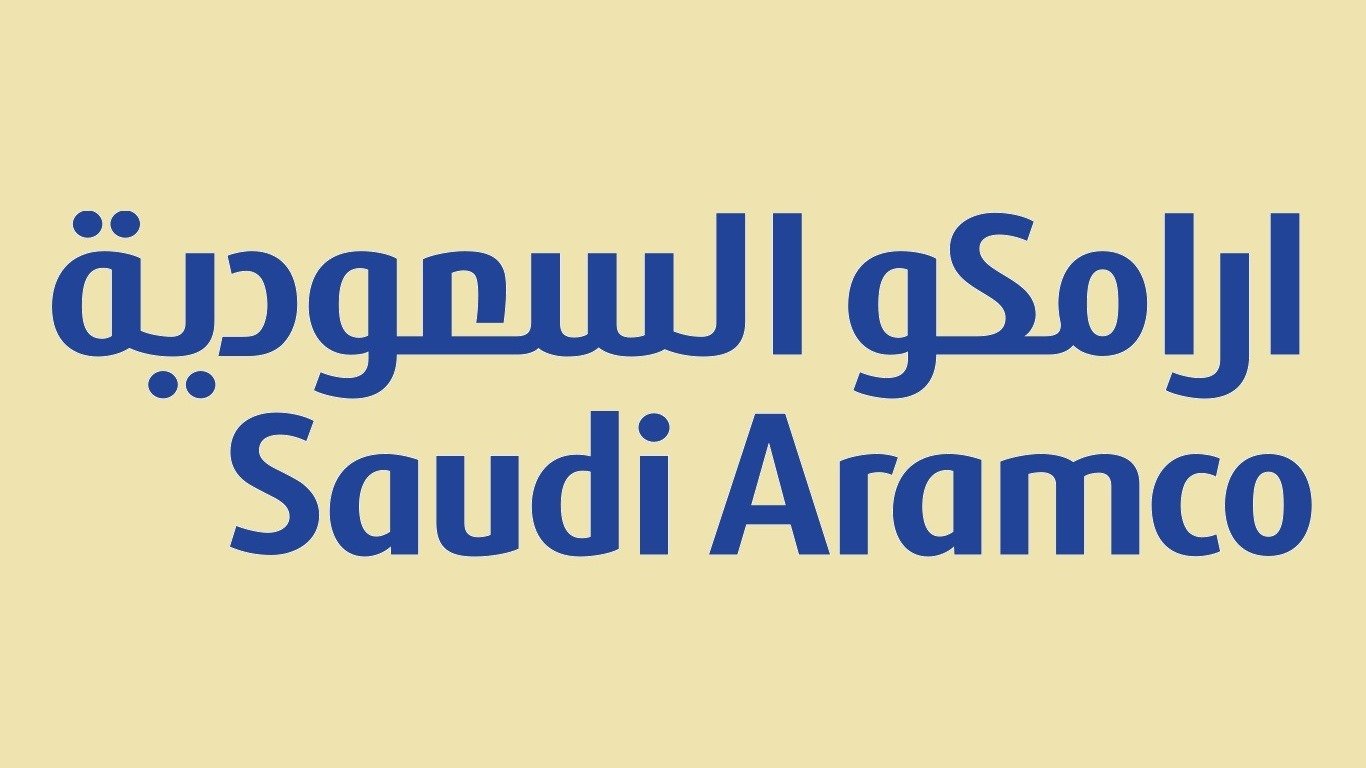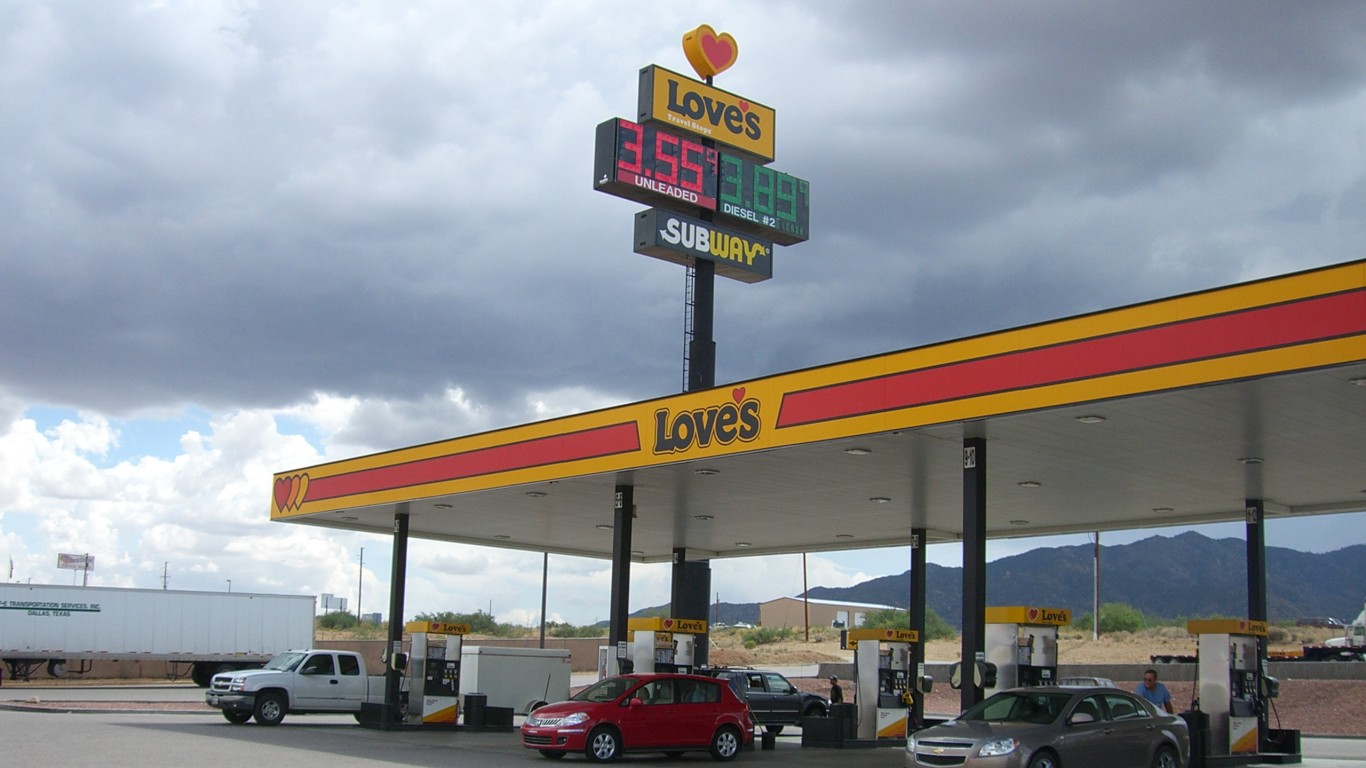

The initial public offering (IPO) of a rumored 5% stake in Saudi Arabia’s national oil company, Saudi Aramco, heated up last month, and more fuel was added over the weekend as the Saudi king replaced the nation’s oil minister with one of his own sons. King Salman bin Abdulaziz named Prince Abdulaziz bin Salman, who once held the position of deputy petroleum minister and was most recently the minister of state for energy, to replace Khalid al-Falih who has been the country’s oil minister for three years.
The new oil minister will be charged with raising the price of crude oil from its current price of around $63 a barrel (Brent) to more than $80, the price the Saudis need to keep from dipping into their reserves to meet current budget demands.
Those budget demands also are driving a new effort to get the Aramco IPO done as soon as November. Reuters reported yesterday that JPMorgan is the frontrunner in the race to become the lead advisor in the IPO. The Saudis are looking to raise $100 billion in an offering that values Aramco at $2 trillion. The Reuters report also noted that the stock would be listed first on Saudi Arabia’s Tadawul exchange and then seek an international listing next year.
To stir the pot even more, former oil minister al-Falih was removed as chairman of Aramco last week and Yasir Al-Rumayyan, who had been head of the country’s sovereign wealth fund and is an ally of Crown Prince Mohammed bin Salman, took the reins. Added to this weekend’s change in oil ministers, the royal family now has control of both Aramco’s business and Saudi oil policy. The new oil minister is the Crown Prince’s half-brother.
The new appointees have their work cut out for them. The production cuts instituted by OPEC and its partners (OPEC+) have failed to lift prices. That is largely the result of the cuts to make a serious dent in global crude oil stockpiles. In the developed countries of the OECD, crude stockpiles remain at around 3 billion barrels, 400 million barrels above the five-year average between 2000 and 2014 and 100 million barrels above the current moving five-year average.
Before being ousted, al-Falih had been discussing junking the five-year moving average as a target and using the 2010 to 2014 average as a benchmark. The problem with that is that the Saudis almost certainly would have to take most, if not all, of the hit. Could the country take the short-term pain with no firm guarantee of a long-term gain?
The Aramco IPO has its own skeptics. The $2 trillion valuation Saudi Arabia seeks is generally believed to be too high. A number closer to $1.5 trillion is more realistic. Bloomberg reported that Aramco is trying to round up wealthy Saudis to sign on as anchor investors in the IPO. The goal, according to a Bloomberg source, is to persuade these investors to take 1% to 2% of the expected 5% shares to be offered. That’s $20 billion to $40 billion of the hoped-for valuation and $15 billion to $30 billion of the reduced valuation. Either way, that’s still a lot of cash to wheedle out reluctant investors. The implied threat of a second crackdown similar to the 2017 anti-corruption purge may focus investors’ attention, however.
Sponsored: Want to Retire Early? Here’s a Great First Step
Want retirement to come a few years earlier than you’d planned? Or are you ready to retire now, but want an extra set of eyes on your finances?
Now you can speak with up to 3 financial experts in your area for FREE. By simply clicking here you can begin to match with financial professionals who can help you build your plan to retire early. And the best part? The first conversation with them is free.
Click here to match with up to 3 financial pros who would be excited to help you make financial decisions.
Thank you for reading! Have some feedback for us?
Contact the 24/7 Wall St. editorial team.


